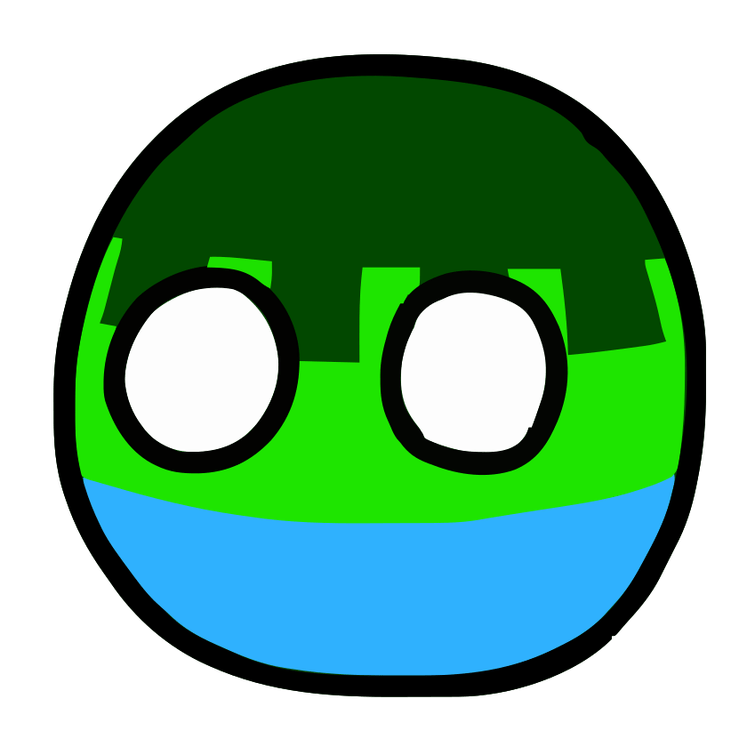Gabon: Difference between revisions
No edit summary |
|||
| Line 37: | Line 37: | ||
In 1967, [[File:AuthCon-icon.png]] [[Authoritarian Conservatism|M'ba]] died, and [[File:PDG Gabon-icon.png]] [[Gabonese Democratic Party|Albert-Bernard Bongo]] (later called [[File:PDG Gabon-icon.png]] [[Gabonese Democratic Party|Omar Bongo]]) succeeded him. [[File:PDG Gabon-icon.png]] [[Gabonese Democratic Party|Bongo]] established a one-party state under the [[File:PDG Gabon-icon.png]] [[Gabonese Democratic Party]] (PDG). In the 1980s Gabon experienced economic growth driven by oil production, and [[File:PDG Gabon-icon.png]] [[Gabonese Democratic Party|Bongo]] maintained a stable but [[File:Authoritarianism-icon.png]] [[Authoritarianism|authoritarian]] regime, centralizing power. | In 1967, [[File:AuthCon-icon.png]] [[Authoritarian Conservatism|M'ba]] died, and [[File:PDG Gabon-icon.png]] [[Gabonese Democratic Party|Albert-Bernard Bongo]] (later called [[File:PDG Gabon-icon.png]] [[Gabonese Democratic Party|Omar Bongo]]) succeeded him. [[File:PDG Gabon-icon.png]] [[Gabonese Democratic Party|Bongo]] established a one-party state under the [[File:PDG Gabon-icon.png]] [[Gabonese Democratic Party]] (PDG). In the 1980s Gabon experienced economic growth driven by oil production, and [[File:PDG Gabon-icon.png]] [[Gabonese Democratic Party|Bongo]] maintained a stable but [[File:Authoritarianism-icon.png]] [[Authoritarianism|authoritarian]] regime, centralizing power. | ||
In 1990, economic downturn led to political unrest and calls for reform. [[File:PDG Gabon-icon.png]] [[Gabonese Democratic Party|Bongo]] introduced multiparty politics amid pressure but retained significant control. In 1993, [[File:PDG Gabon-icon.png]] [[Gabonese Democratic Party|Bongo]] won the first multiparty presidential election, which was marred by accusations of fraud. | |||
[[Category:Characters]] | [[Category:Characters]] | ||
[[Category:Countries]] | [[Category:Countries]] | ||
Revision as of 02:01, 18 June 2024
Gabon, officially the Gabonese Republic, is a resource-rich country located in Africa. As of June 2023, he has been under a military junta since 2023. Gabon is situated on the west coast of Central Africa, bordered by ![]() Equatorial Guinea to the northwest,
Equatorial Guinea to the northwest, ![]() Cameroon to the north, and the
Cameroon to the north, and the ![]() Republic of the Congo to the east and south. His western coastline along the
Republic of the Congo to the east and south. His western coastline along the ![]() Atlantic Ocean provides the country with significant maritime resources.
Atlantic Ocean provides the country with significant maritime resources.
The economy of Gabon is heavily dependent on his abundant natural resources. The country is one of the largest oil producers in Africa, and oil revenue accounts for a major portion of its GDP. Gabon also has extensive forests, making timber another crucial export commodity. Efforts to diversify the economy have been ongoing, with a focus on mining and agriculture.
Despite its wealth in natural resources, Gabon faces several challenges. Economic inequality remains a significant issue, with much of the country’s wealth concentrated in the hands of a few. The recent political instability has also raised concerns.
History
 Unfinished Section This section is unfinished. There may be missing or incomplete information. Help out by researching and adding them! |
|---|
Gabon gained independence from ![]() France on August 17, 1960.
France on August 17, 1960. ![]() Léon M'ba became the first president. Gabon decided to maintain close ties with France because of political support, economic dependency and military assistance. This was a good decision, as in 1964, a military coup briefly overthrew
Léon M'ba became the first president. Gabon decided to maintain close ties with France because of political support, economic dependency and military assistance. This was a good decision, as in 1964, a military coup briefly overthrew ![]() M'ba but was quickly reversed with
M'ba but was quickly reversed with ![]() French intervention. Before the coup Gabon was seen as one of the most politically stable countries in Africa.
French intervention. Before the coup Gabon was seen as one of the most politically stable countries in Africa.
In 1967, ![]() M'ba died, and
M'ba died, and ![]() Albert-Bernard Bongo (later called
Albert-Bernard Bongo (later called ![]() Omar Bongo) succeeded him.
Omar Bongo) succeeded him. ![]() Bongo established a one-party state under the
Bongo established a one-party state under the ![]() Gabonese Democratic Party (PDG). In the 1980s Gabon experienced economic growth driven by oil production, and
Gabonese Democratic Party (PDG). In the 1980s Gabon experienced economic growth driven by oil production, and ![]() Bongo maintained a stable but
Bongo maintained a stable but ![]() authoritarian regime, centralizing power.
authoritarian regime, centralizing power.
In 1990, economic downturn led to political unrest and calls for reform. ![]() Bongo introduced multiparty politics amid pressure but retained significant control. In 1993,
Bongo introduced multiparty politics amid pressure but retained significant control. In 1993, ![]() Bongo won the first multiparty presidential election, which was marred by accusations of fraud.
Bongo won the first multiparty presidential election, which was marred by accusations of fraud.

